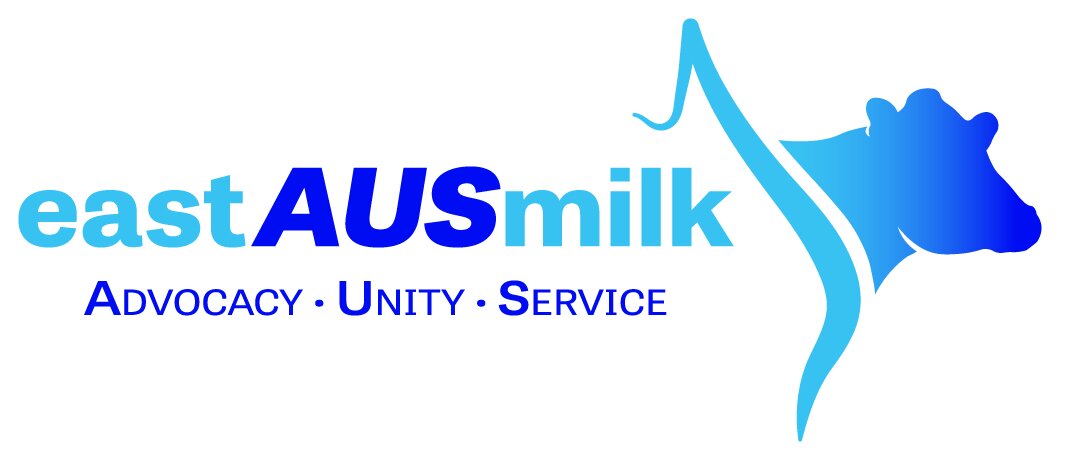Future Feed’s Dr Breanna Roque discusses benefits of using seaweed as fodder during ABS 2022 Beef Conference
The topic of Dr Roque's talk was is seaweed the solution?
THE latest research into the benefits of using seaweed varieties as cattle fodder to help drive down methane emissions was at the forefront of an industry summit this week.
Future Feed's Dr Breanna Roque was one of several keynote speakers to address the crowd of producers during ABS' 2022 Beef Conference in Tamworth this week and highlighted some of the promising research within the space of using seaweed as livestock feed.
Specialising in the Asparagopsis variety of seaweed, the company has monitored its benefits through a variety of feeding programs across different livestock during the past decade.
During the presentation, Dr Roque highlighted four major trials which indicated that Asparagopsis "can significantly reduce methane emissions in cattle".
The first experiment was a 70-day trial conducted with sheep that showed an 80 per cent reduction in methane emissions with a three per cent feed inclusion, while the second trial was a 14-day study with dairy cattle which indicated a 67pc reduction with a one pc feed inclusion.
The third trial which included Brahman and Angus Cattle, as well as the fourth trial with a variety of beef cattle, also yielded promising results with reductions as high as 80pc with varying feed inclusions.
The topic created a robust question and answer period following Dr Roque's talk, which was highlighted by a number of questions ranging from when the product may be available to what the impact of harvesting the seaweed would have on the environment.
"In Australia, New Zealand and Hawaii, Asparagopsis is native and so it plays a really important part of the ecosystems in these oceans," Dr Roque said.
"It also grows wild in other parts of the world, but it is considered invasive in places like Portugal and all through the Mediterranean, which also offers some exciting opportunities as well.
"The licencees we have in the areas where it is native are looking at supplementing wild harvested seaweed with tank systems where you can pump ocean water in and out.
"Another good aspect about this particular variety of seaweed is that it can act as a biofilter, so while it's growing it can be sequestering carbon from the atmosphere, as well as filtering contaminates out of the water if done correctly and what Future Feed is here for is to ensure it is done correctly."
"As far as what's next for us, the big thing we will be focusing on is investing in more trials as well as investing in marketing," she said.
"From there, the next big thing is certification and building a global certified trademark on the product.
"Another key focus is overcoming all of the regulatory barriers to make the product accessible. Overall, our hope is we can provide the livestock industry with a product they can use to help get methane reductions of 80pc or more and I think we are gaining traction."

